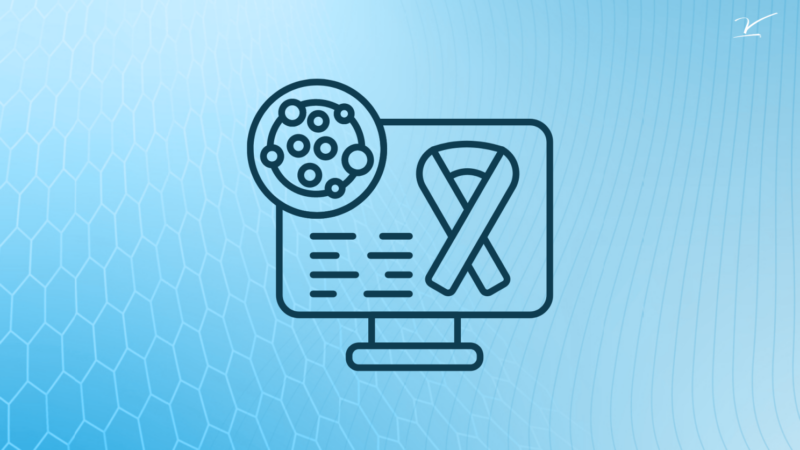Susanna F. Greer, Chief Scientific Officer at the V Foundation, shared a post on LinkedIn:
“LinkedIn friends, this week’s the V Foundation grantee publication looks at how people’s social needs affects their ability to get screened for breast cancer early, which is important for better chances of survival. Dr. Neha Goel at the University of Miami and Sylvester Comprehensive Cancer Center used a tool called the Health Leads Social Needs Screening Toolkit to understand the common social issues affecting patients’ health.
Here’s what Dr. Goel and her team found:
- Many women who had access to free mammogram screenings didn’t actually get screened.
- People with more unmet social needs were less likely to get routine breast cancer screenings.
- Women with increasing unmet social needs were more likely to be diagnosed with late-stage breast cancer.
What does this mean? Well, for starters, Dr. Goel’s study tells us that just providing free screenings is not enough. We also need to find ways to help people with their social needs, as it can impact their ability to get screened for cancer early. This is important because catching cancer early gives a better chance of successful treatment. Dr. Goel’s research suggests that we should provide support to overcome barriers to healthcare access for everyone.

Let me explain a different way: imagine you have access to an important test that could help catch a problem early, like finding out if your car has a small issue before it becomes a big one. Similarly, Dr. Goel’s study looked at how well people are at taking an important test for breast health (called screening mammography) and how it’s related to the challenges they face in their lives.
Dr. Goel found out that just having the chance to take the test doesn’t mean everyone takes it. People who have more problems in their lives, like not having enough support or facing tough situations, were less likely to take the test. What’s even more concerning is that when these challenges increase, the chances of finding a big problem later on (like finding out about a car issue when it’s really serious) also go up.
Dr. Goel’s study suggests that it’s not just about having the chance to take the test, but making sure people get the support they need to overcome their life challenges. By doing this, we can catch problems early, like fixing a car issue before it gets worse. This is really important because catching things early makes it easier to treat and improves the chances of getting better.
Bottom line: it’s important to make sure everyone gets a fair shot at taking the test, and if they face tough times, to help them out so we can catch problems early and increase people’s chances of getting better.

Source: Susanna F. Greer/LinkedIn

